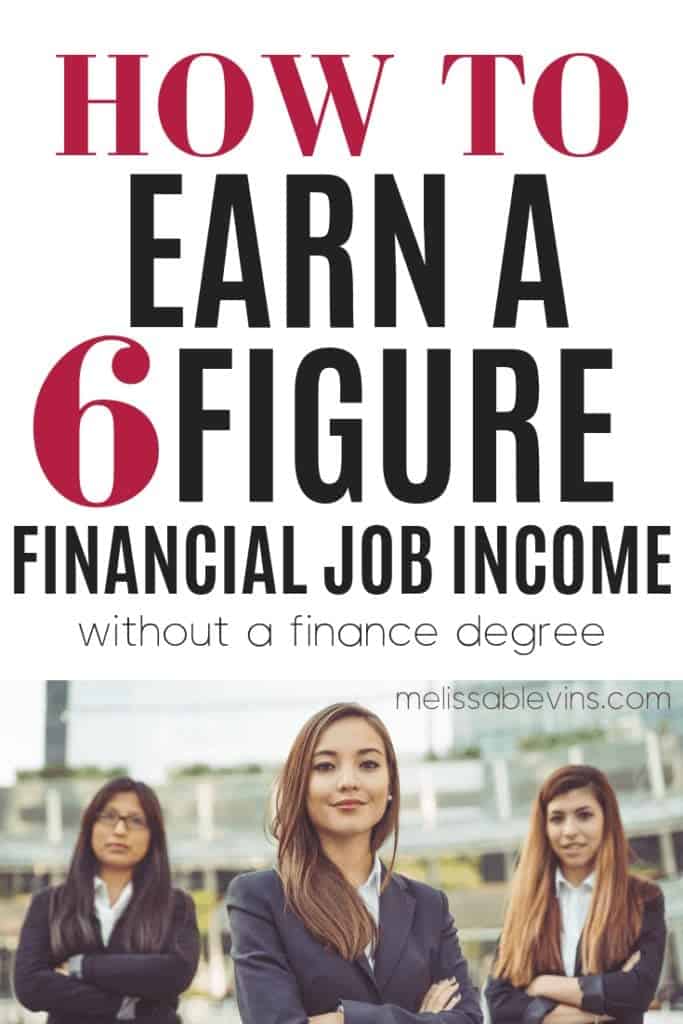A 2nd house is typically defined as a home you would live in for some part of the year. Unlike a main residence, you do not need to live there for the majority of the year, and it doesn't need to be close to where you work. Villa rent timeshare are ideal examples of second houses. They fit the classification of being a location you only live in for some part of the year, and they likewise do not count as financial investment properties. There are a couple of types of loans that can't be used to purchase a 2nd home. For instance, you can't utilize an FHA loan or a VA loan to acquire a second home.
A noteworthy example of this is that the majority of lenders are stricter with the debt-to-income ratio of the buyer in addition to their credit history. Price, area, and upkeep are 3 essential things to think about when you're wanting to purchase a 2nd house. Purchasing a second home that will be used as a rental property includes a number of benefits, many noteworthy of which are the tax deductions. But on the flip side, it also implies that a purchaser will end up being a property owner and have specific duties that will need energy and time. It is one thing having a second house that you only check out for annual trips, and it is an entirely different thing to have a 2nd home that will be leased out.
They are: You must live within the home for at least 2 week each year. You need to reside in your house for at least 10 percent of the days that it is rented. An example of these conditions being fulfilled is a second house that you lease out for 200 days in a year and reside in for at least 20 days in the year. Meeting these conditions ensures that the house receives a 2nd house mortgage. Thinking about that second home mortgages are typically easier to receive than investment property home loans and include lower interest, it is necessary for you to carefully assess all the criteria included in satisfying them.
The Best Guide To Why Is Corporate Finance Important To All Managers

You require to understand the difference between the two, since getting a home loan for one is usually a more complex and costly process. Lenders normally charge purchasers greater rates of interest when they are obtaining home mortgage cash for an investment property that they prepare to lease out and eventually offer for a profit. There's a reason for this: Lenders think about loans for these houses to be riskier. Since purchasers aren't actually living in these houses, loan providers think that they might be more ready to ignore them-- and their mortgage payments-- if they suffer a financial problem.
Lenders will likewise require that purchasers come up with a greater down payment-- normally at least 25 percent of a house's final list prices-- when they're obtaining for an investment home. Again, this comes down to protection. Lenders think that purchasers will be less most likely to walk away from the loans on their financial investment properties if they have actually already invested more of their own cash in these homes. When you're ready to buy a 2nd house, then, it's essential to understand whether you're purchasing a 2nd house or an investment property. Joe Parsons, senior loan officer with PFS Funding in Dublin, California, said that the interest rates charged on 2nd and investment residential or commercial properties can differ commonly.
If lenders consider that residential or commercial property a 2nd home, a customer who puts down 20 percent could anticipate a rate of interest of 4. 125 percent for a 30-year fixed-rate loan. But if that same debtor were to purchase the similar home as an investment home, the borrower would probably be charged a rates of interest of 4. 875 percent with the same down payment of 20 percent, Parsons said. If the debtor developed a bigger deposit of 25 percent, the rates of interest would probably fall to 4. 5 percent, Parsons said. Deposits are another potential obstacle for purchasers purchasing second homes or investment residential or commercial properties.
Indicators on Given A Mortgage Of $48,000 For 15 Years With A Rate Of 11%, What Are The Total Finance Charges? You Need To Know
However many lenders will need that 25 percent down payment for investment properties, Jensen said. Getting approved for a loan for a 2nd or investment residential or commercial property can be tough, too. That's since you may already have a current home loan that you are paying down, and those month-to-month payments are included in your debts. What credit score is needed to finance a car. However what makes a home a second home or an investment property? You can think about a second house to be like a holiday house. You're purchasing it for your own satisfaction, and you reside in it for a specific amount of time every year. If you do not reside in it on a semi-regular basis, lenders will rather consider it an investment residential or commercial property.
Generally, lenders will only think about a residential or commercial property as a second house if it is at least 50 miles far from your main house. This might appear odd, but why would your second house, a home that you would consider a villa, be located any better to where you currently live? A financial investment home is normally one in which you do not live. Rather, you rent it out throughout the year (Which of the following can be described as involving direct finance). You may prepare on holding the home till it appreciates enough in worth to allow you to offer it for a healthy earnings. Unlike a second house, a financial investment property can be situated near your primary home.
" You may utilize it personally, but it isn't for your sole usage. You plan on renting it out, in part of the entire thing, from time to time." But a 2nd home? That's a different animal. "You do not lease Click for info any part of it out for any quantity of time," Jensen said. "It is entirely for you to utilize. Possibly you live in among those cold, northern states, and acquire a second home in a warm, southern state to live in during the cold weather. If you do not lease it out during the timeshare compliance times you aren't there, that is considered a second house." Due to the fact that lending institutions charge higher interest rates for financial investment residential or commercial properties, some borrowers might be lured to deceive their home loan suppliers, declaring that their financial investment residential or commercial property is in fact a second house.
The 15-Second Trick For Which Of These Arguments Might Be Used By Someone Who Supports Strict Campaign Finance Laws?

Amy Tierce, local vice president with Wintrust Home mortgage in Needham, Massachusetts, advises versus this. Lying about whether a home is a 2nd home or an investment home is home mortgage fraud. If you're discovered, you could deal with heavy fines. "Tenancy scams is growing, and underwriters are trained to ferret out home loan applications that appear to be for financial investment purposes although they are structured as second houses in order for the buyer to obtain a much better interest rate," Tierce stated. Tierce said that underwriters will first look at where the main home is in relationship to the 2nd home. Some borrowers might live outside of the city, and a 2nd house could be a city condo.